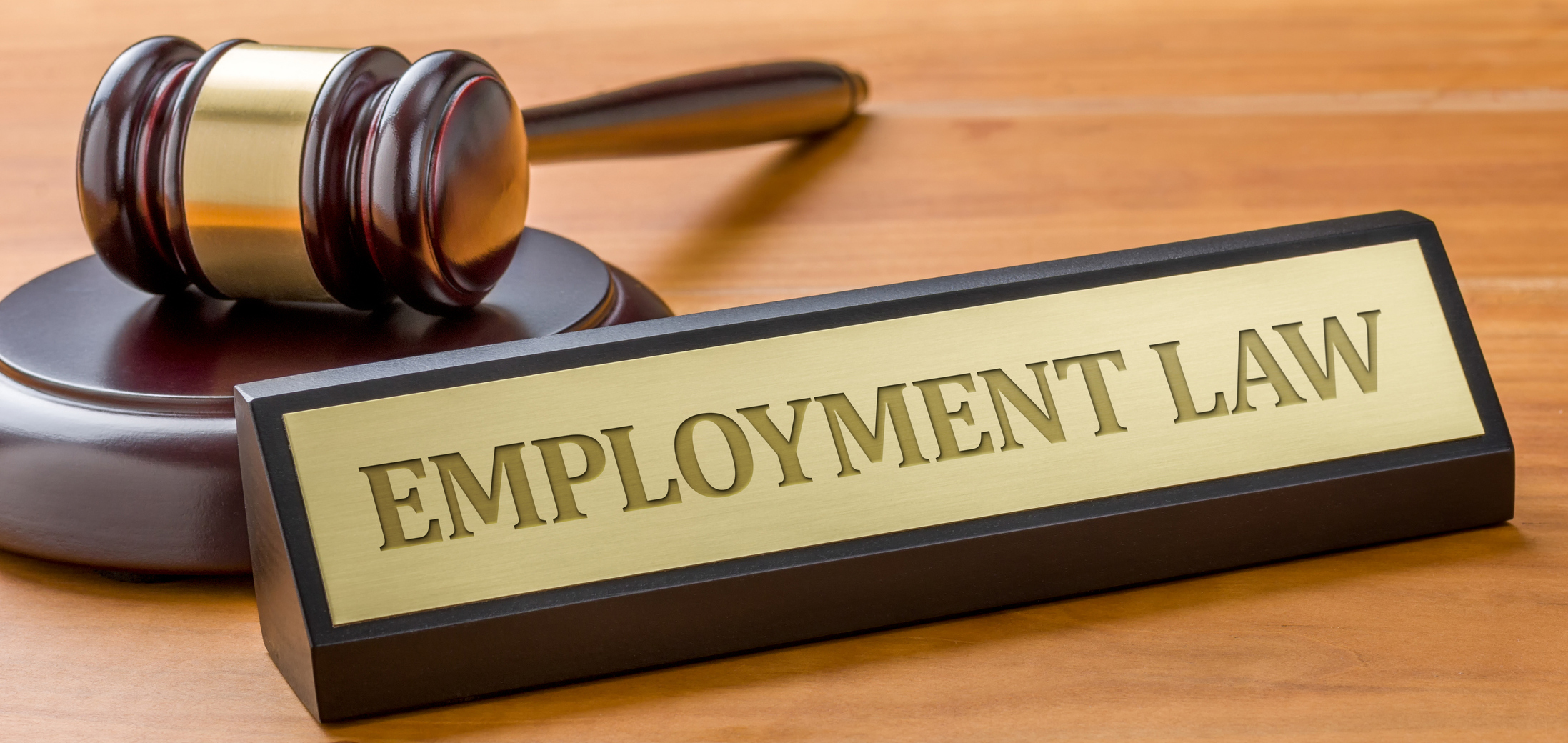The workplace can be a challenging place. There are deadlines to meet, managers to please and coworkers to try your best not to offend. There are also laws about the way employers can treat employees, but do you know when it's time to call in an Employment Lawyer Auckland? We'll walk through the situations that may require you to seek legal help from a professional who specializes in employment law.
Your employer is refusing to pay you.
If you are not being paid, or if your employer is refusing to pay you, you should get a lawyer. If the issue is not resolved by the time that it reaches court, then the judge will order them to pay up.
If you are being paid, then your employer should pay you regularly. If they do not, then you can take them to court.
If your employer is refusing to pay you, then you should get a lawyer. If the issue is not resolved by the time that it reaches court, then the judge will order them to pay up. If they do not, then they can be held in contempt of court and jailed.

You're laid off and need help collecting unemployment.
If you're laid off, it's important to know that unemployment benefits are based on your income. This means that if you fall under the federal minimum wage level, which is $7.25 per hour in 2019, you might not qualify for any money at all. Unemployment benefits can be collected for up to 26 weeks of unemployment and are not taxable by the IRS (the government).
However, there are certain requirements that must be met in order to collect unemployment:
- You must have lost your job through no fault of your own; this includes being fired or laid off due to downsizing or outsourcing
- You were employed full-time when originally hired by the company from which you were terminated; part-time employees cannot collect benefits unless they meet certain conditions as well (for example: working at least 20 hours per week)
You believe you have been discriminated against by your employer.
If you think that you have been discriminated against by your employer, then it's important to get legal advice. There are many types of discrimination that can occur in the workplace. For example, discrimination based on gender, race, religion, age or disability can all be grounds for a claim. If you believe that this has happened to you then get legal advice as soon as possible so that we can assess if we can help with your case and what steps need to be taken next.
There are many scenarios in which discrimination can occur. For example, if you are discriminated against because of your race then this is called racism. Discrimination based on gender or disability is also illegal and grounds for a claim. If you feel that an employer has treated you unfairly because of these factors then get legal advice as soon as possible so that we can assess if we can help with your case and what steps need to be taken next.
Conclusion
We hope this article has helped you understand your options when it comes to employment law. We know that it can be difficult and stressful to navigate these waters on your own, so if you ever have questions about your rights or feel like something unfair is happening at work, please don't hesitate to contact Employment Lawyer Auckland now.
Source From : How To Know When You Need An Employment Lawyer?
